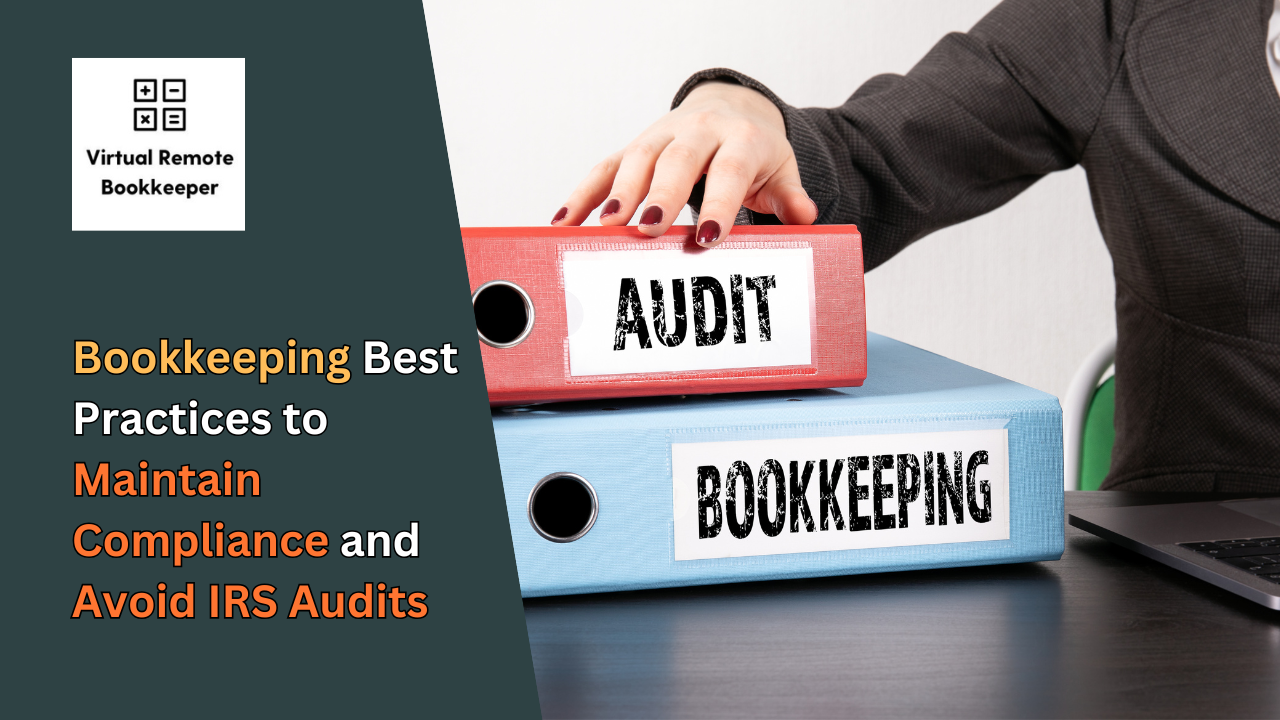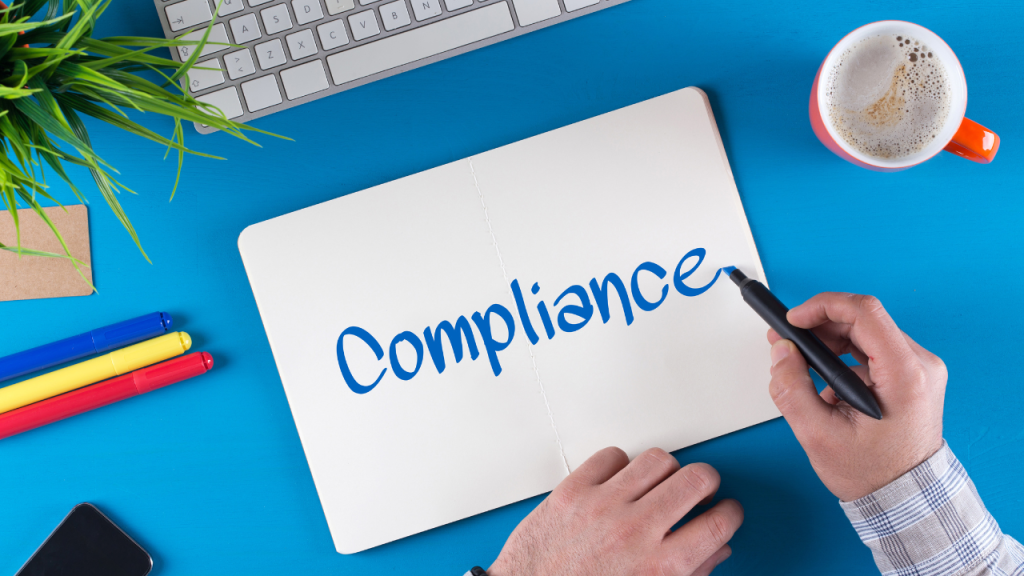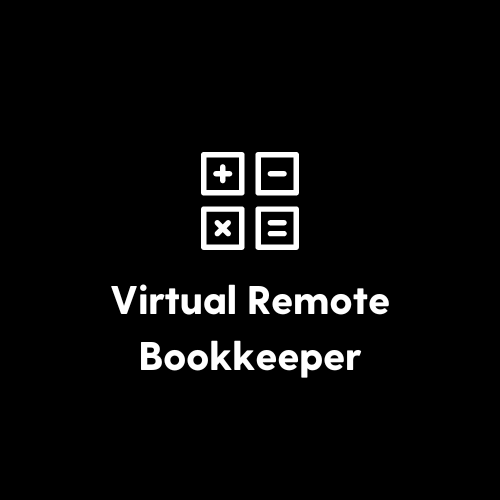
Maintaining accurate and compliant bookkeeping is vital for any business, big or small. The way you manage your financial records can either lead to smooth operations or land you in trouble with the IRS. While it may seem daunting, following a few best practices can ensure your business stays compliant and avoid the dreaded IRS audits.
In this blog, we’ll cover the most important bookkeeping tips and strategies to help you maintain compliance, streamline your processes, and steer clear of potential issues with the IRS.
1. Keep Personal and Business Finances Separate
One of the most fundamental bookkeeping principles is maintaining separate accounts for personal and business finances. Mixing these two can create confusion, making it hard to track expenses and income. Keeping them separate helps during tax filing and ensures transparency in your business operations.
2. Maintain Accurate and Up-to-Date Records
The cornerstone of good bookkeeping is accuracy. Ensure that all transactions are recorded in detail and reconciled regularly. This includes income, expenses, invoices, and receipts. An organized system makes it easier to prepare tax returns and provide documentation if required during an IRS audit.
Pro tip: Use digital tools or bookkeeping software to keep a real-time record of your financial data. These platforms reduce human error and make it easier to track your finances.
3. Stay Consistent with Record-Keeping
Consistency is key when it comes to bookkeeping. Set aside time daily, weekly, or monthly to review your books. This consistent attention to detail helps prevent errors, ensures bills are paid on time, and gives you a clear understanding of your business’s financial health.
4. Track Deductible Expenses Properly
Properly tracking your deductible expenses is crucial for tax filing. Ensure you categorize business-related expenses correctly, such as travel, office supplies, and meals. Misreporting or omitting deductions can raise red flags with the IRS, potentially leading to an audit.
Best practice: Keep all receipts and supporting documentation for deductible expenses. You can use cloud-based bookkeeping software that allows you to scan and store receipts digitally.

5. Know IRS Filing Deadlines
One of the easiest ways to stay compliant and avoid penalties is to know and adhere to IRS filing deadlines. Mark all key tax dates, such as quarterly estimated tax payments and annual tax filings, on your calendar.
Failing to meet these deadlines may result in penalties and interest, increasing the chances of an audit. Set reminders and ensure your tax preparer or bookkeeper is aligned with these deadlines.
6. Reconcile Bank and Credit Card Statements Regularly
Reconciling your bank and credit card statements with your bookkeeping records ensures that all your transactions are accurate. This process helps you catch any discrepancies early on and correct them before they become bigger issues.
Reconciling your accounts regularly also prevents fraudulent charges and makes tax time less stressful.
7. Hire a Professional Bookkeeper
If managing your books is too overwhelming, consider hiring a professional bookkeeper. A seasoned bookkeeper will ensure that your business’s financial records are accurate, up to date, and compliant with IRS regulations. They will also help you with tax preparation and minimize your risk of an audit.
Hiring a professional not only saves time but also gives you peace of mind, knowing your business is compliant.
8. Review Financial Reports Regularly
Running regular financial reports like profit and loss statements, balance sheets, and cash flow statements can give you a better understanding of your business’s performance. Regular reviews help you identify any inconsistencies or unusual patterns in your finances, allowing you to address them before they raise suspicion with the IRS.
9. Prepare for an Audit with Documentation
Even with the best practices, an IRS audit is still a possibility. To be prepared, ensure that you have the necessary documentation to back up your tax returns. This includes income records, expense receipts, payroll reports, and any other financial documents.
Being organized will make the audit process smoother and reduce the time spent responding to requests from the IRS.
10. Understand Tax Laws and Changes
Staying updated with current tax laws is critical for maintaining compliance. Tax regulations change frequently, and not keeping up with the changes can result in filing errors or missed deductions. Work with your bookkeeper or accountant to ensure that your business is compliant with the latest IRS regulations.
Conclusion
Good bookkeeping is the backbone of any successful business. By following these best practices, you can maintain compliance, streamline your financial processes, and reduce the risk of an IRS audit. If you’re unsure about handling your books or want expert guidance, consider outsourcing to professional bookkeeping services like Virtual Remote Bookkeeper. We specialize in providing accurate and timely bookkeeping solutions, helping your business stay compliant and audit-proof.


